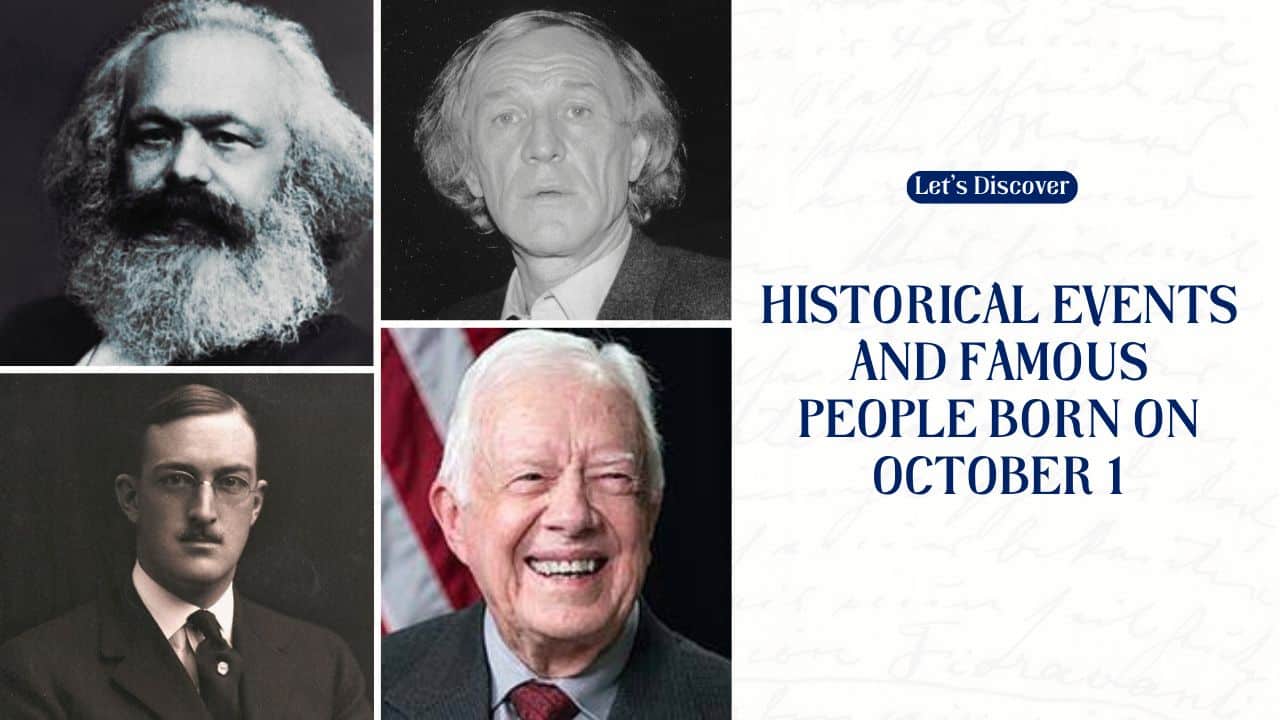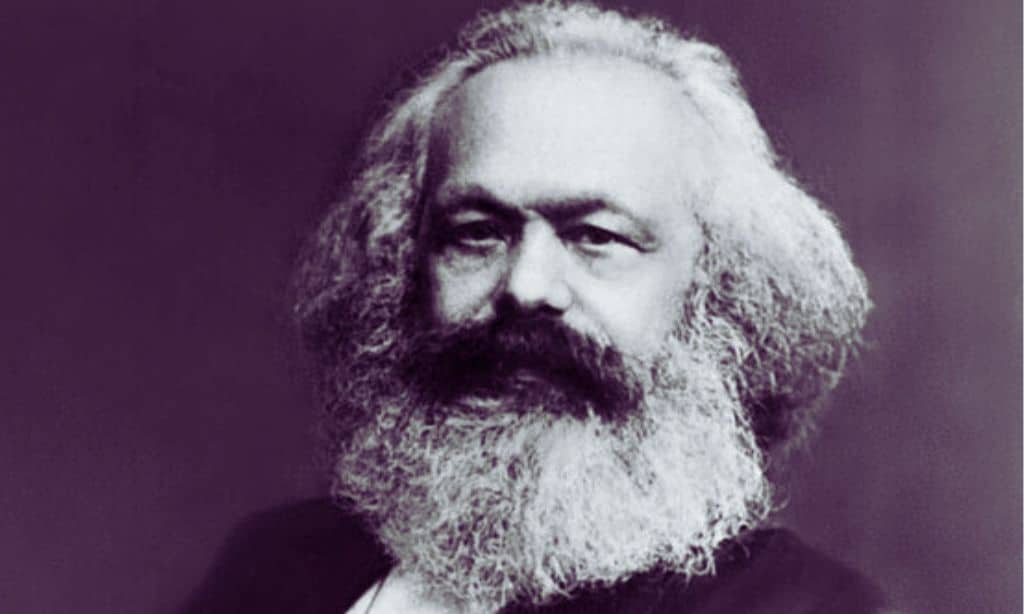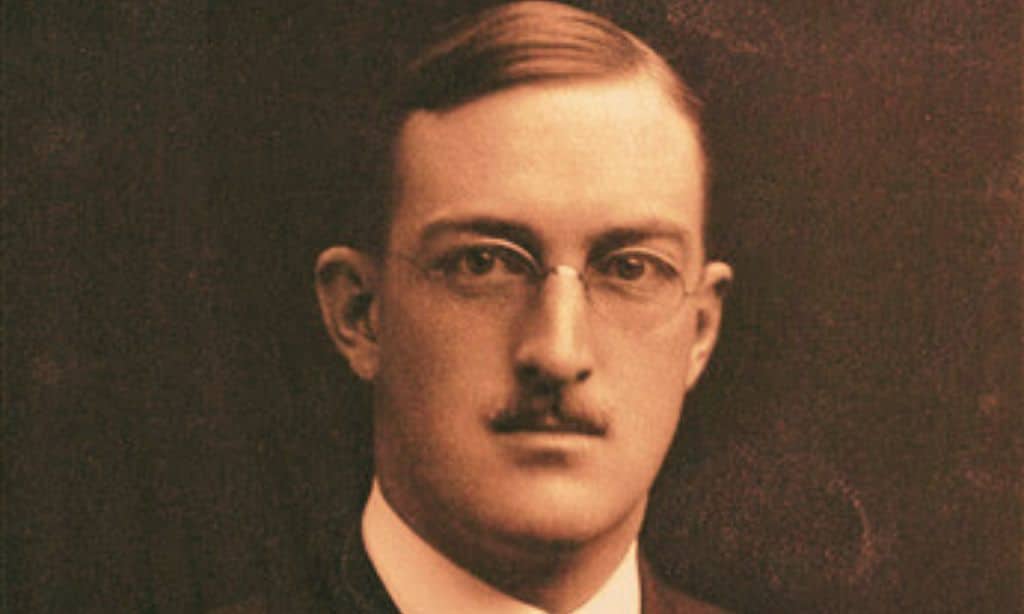October 1 is a day that has seen many important events in history. It’s also the birthday of some very interesting people. In this article, we’ll learn about big things that happened on this day and about people who were born on October 1. From kings and presidents to airplane makers and baseball players, this day has many stories to tell.
Historical Events of October 1
1511: Fifth Lateran Council – Conciliabulum of Pisa
On October 1, 1511, a big meeting called the Conciliabulum of Pisa started. This meeting was part of something called the Fifth Lateran Council. It was a time when important people in the Catholic Church got together to talk about problems and make decisions.
The King of France, Louis XII, called for this meeting. He was having a fight with the Pope, who was the leader of the Catholic Church. Louis XII wanted to make changes in the Church that would give him more power.
But this meeting didn’t go well for Louis XII. Not many people came, and the Pope didn’t like it. In the end, it didn’t change much in the Church. But it shows how kings and the Church sometimes fought for power in those days.
1814: Opening of the Congress of Vienna
On October 1, 1814, a very important meeting called the Congress of Vienna started. This happened right after Napoleon Bonaparte, a powerful French leader, was defeated.
The Congress of Vienna was a big meeting where leaders from many European countries came together. They wanted to make new rules for Europe after all the fighting with Napoleon. The main leaders were from Austria, Prussia, Russia, and Great Britain.
At this meeting, they made many decisions. They changed the borders of countries and decided who would rule different places. They also tried to make sure no country would become too powerful, like France had been under Napoleon.
The Congress of Vienna was very important because it changed how Europe was organized. It helped keep peace in Europe for many years after.
1867: Karl Marx publishes “Das Kapital”
On October 1, 1867, a man named Karl Marx published a book called “Das Kapital” in Berlin. This book became very famous and changed how many people thought about money and work.
Karl Marx was a thinker who didn’t like how rich people sometimes treated poor workers. In “Das Kapital,” he wrote about how he thought the way money was made and shared wasn’t fair.
Marx said that the way things were set up, rich people who owned factories would always try to make more money by paying workers less. He thought this would cause big problems and fights between rich and poor people.
This book had a big impact on the world. Some people used Marx’s ideas to start new ways of running countries, like in Russia and China. Even today, people still argue about Marx’s ideas.
1905: Inspiration for Janáček’s Piano Sonata
On October 1, 1905, something sad happened that led to a beautiful piece of music. In Prague, which is now in the Czech Republic, there was a big protest. During this protest, a young man named František Pavlík was killed.
A composer named Leoš Janáček heard about this and felt very sad. He decided to write a piece of music about it. This music became his Piano Sonata 1. X. 1905. (The X stands for October).
This sonata is special because it shows how music can tell stories about real events. It helped people remember what happened that day. Today, it’s still played in concerts and is an important piece of music.
1934: Hitler expands German military
On October 1, 1934, Adolf Hitler, who was the leader of Germany, did something that worried many people. He made the German army and navy bigger.
This was against the rules set after World War I. These rules, called the Treaty of Versailles, said Germany couldn’t have a big army. But Hitler didn’t care about these rules.
When Hitler made the army bigger, other countries got worried. They were afraid Germany might start another war. This was one of the things that led to World War II a few years later.
Famous Birthdays on October 1
Charles VI (1685-1740)
Charles VI was born on October 1, 1685. He became the Holy Roman Emperor, which was a very important job in those days. He ruled over a big part of Europe.
Charles VI had to fight many wars to keep his lands. He also made a special rule called the Pragmatic Sanction. This rule said his daughter could be the ruler after him, which wasn’t usual at that time.
When Charles VI died, his daughter Maria Theresa became the ruler. But this led to a big war because some people didn’t agree with a woman being in charge.
Here’s a brief biography of Charles VI:
| Fact | Information |
|---|---|
| Born | October 1, 1685 |
| Birthplace | Hofburg Palace, Vienna |
| Died | October 20, 1740 |
| Known for | Holy Roman Emperor (1711-1740) |
| Major achievement | Pragmatic Sanction |
| Legacy | His death led to the War of Austrian Succession |
William Boeing (1881-1956)
William Boeing was born on October 1, 1881. He was an American who loved airplanes and started a very famous airplane company.
Boeing first got interested in planes when he saw one at a fair. He learned how to fly and then started building his own planes. In 1916, he started the Boeing Airplane Company.
Boeing’s company grew very big. It made planes for mail delivery, for people to travel in, and for the military. Today, Boeing is still one of the biggest airplane makers in the world.
Here’s a brief biography of William Boeing:
| Fact | Information |
|---|---|
| Born | October 1, 1881 |
| Birthplace | Detroit, Michigan, USA |
| Died | September 28, 1956 |
| Known for | Founder of The Boeing Company |
| Major achievement | Pioneering aircraft manufacturing |
| Legacy | Boeing remains a leading aerospace company |
Jimmy Carter (born 1924)
Jimmy Carter was born on October 1, 1924. He became the 39th President of the United States.
Before becoming president, Carter was a peanut farmer in Georgia. He then became the governor of Georgia. In 1976, he was elected President of the United States.
As president, Carter worked for peace in the Middle East and human rights around the world. After being president, he kept working to help people. He won a very important award called the Nobel Peace Prize in 2002.
Here’s a brief biography of Jimmy Carter:
| Fact | Information |
|---|---|
| Born | October 1, 1924 |
| Birthplace | Plains, Georgia, USA |
| Known for | 39th President of the United States (1977-1981) |
| Major achievements | Camp David Accords, human rights advocacy |
| Post-presidency | Nobel Peace Prize (2002), humanitarian work |
| Recent activities | Writing books, promoting peace and health |
Richard Harris (1930-2002)
Richard Harris was born on October 1, 1930. He was an Irish actor and singer who became very famous.
Harris started acting in plays and then moved to movies. He was in many famous films like “This Sporting Life” and “A Man Called Horse.” Later in his life, he played Dumbledore in the first two Harry Potter movies.
Besides acting, Harris was also a singer. He had a big hit song called “MacArthur Park.” He was known for being very good at both acting and singing.
Here’s a brief biography of Richard Harris:
| Fact | Information |
|---|---|
| Born | October 1, 1930 |
| Birthplace | Limerick, Ireland |
| Died | October 25, 2002 |
| Known for | Actor and singer |
| Famous roles | “This Sporting Life,” Dumbledore in Harry Potter |
| Major hit song | “MacArthur Park” |
Rod Carew (born 1945)
Rod Carew was born on October 1, 1945. He became one of the best baseball players ever.
Carew was born in Panama but moved to New York when he was a teenager. He started playing for the Minnesota Twins in 1967. He was very good at hitting the ball and won many batting titles.
Carew played for 19 years in Major League Baseball. He was chosen for the All-Star team 18 times! After he stopped playing, he was elected to the Baseball Hall of Fame, which is a big honor for baseball players.
Here’s a brief biography of Rod Carew:
| Fact | Information |
|---|---|
| Born | October 1, 1945 |
| Birthplace | Gatún, Panama Canal Zone |
| Known for | Hall of Fame baseball player |
| Teams | Minnesota Twins, California Angels |
| Major achievements | 18-time All-Star, 7-time AL batting champion |
| Post-career | Elected to Baseball Hall of Fame in 1991 |
Takeaway
October 1 has been a day of big events and important births throughout history. We’ve seen how it was a day when important meetings started, famous books were published, and sad events inspired beautiful music. We’ve also learned about some very different people who were born on this day – from emperors and presidents to airplane makers and baseball players.
Each of these events and people has left a mark on our world. From the Congress of Vienna that changed Europe to Marx’s book that changed how people think about money, from Boeing’s planes that changed how we travel to Carter’s work for peace, October 1 has given us a lot to think about.
Learning about history helps us understand our world better. It shows us how things have changed over time and how the actions of people in the past still affect us today. So next time October 1 comes around, remember all these interesting events and people!
References:
- Tanner, Norman P. “The Councils of the Church: A Short History.” Crossroad, 2001.
- Zamoyski, Adam. “Rites of Peace: The Fall of Napoleon and the Congress of Vienna.” Harper, 2007.
- Wheen, Francis. “Karl Marx: A Life.” W. W. Norton & Company, 2000.
- Tyrrell, John. “Janáček: Years of a Life.” Faber & Faber, 2006.
- Shirer, William L. “The Rise and Fall of the Third Reich: A History of Nazi Germany.” Simon & Schuster, 1960.
- Ingrao, Charles W. “The Habsburg Monarchy, 1618–1815.” Cambridge University Press, 2000.
- Bowers, Peter M. “Boeing Aircraft since 1916.” Naval Institute Press, 1989.
- Bourne, Peter G. “Jimmy Carter: A Comprehensive Biography from Plains to Post-Presidency.” Scribner, 1997.
- Harris, Richard. “Honour and Disobey.” Sidgwick & Jackson, 1991.
- Carew, Rod with Aron, Jaime. “One Tough Out: Fighting Off Life’s Curveballs.” Triumph Books, 2020.




































